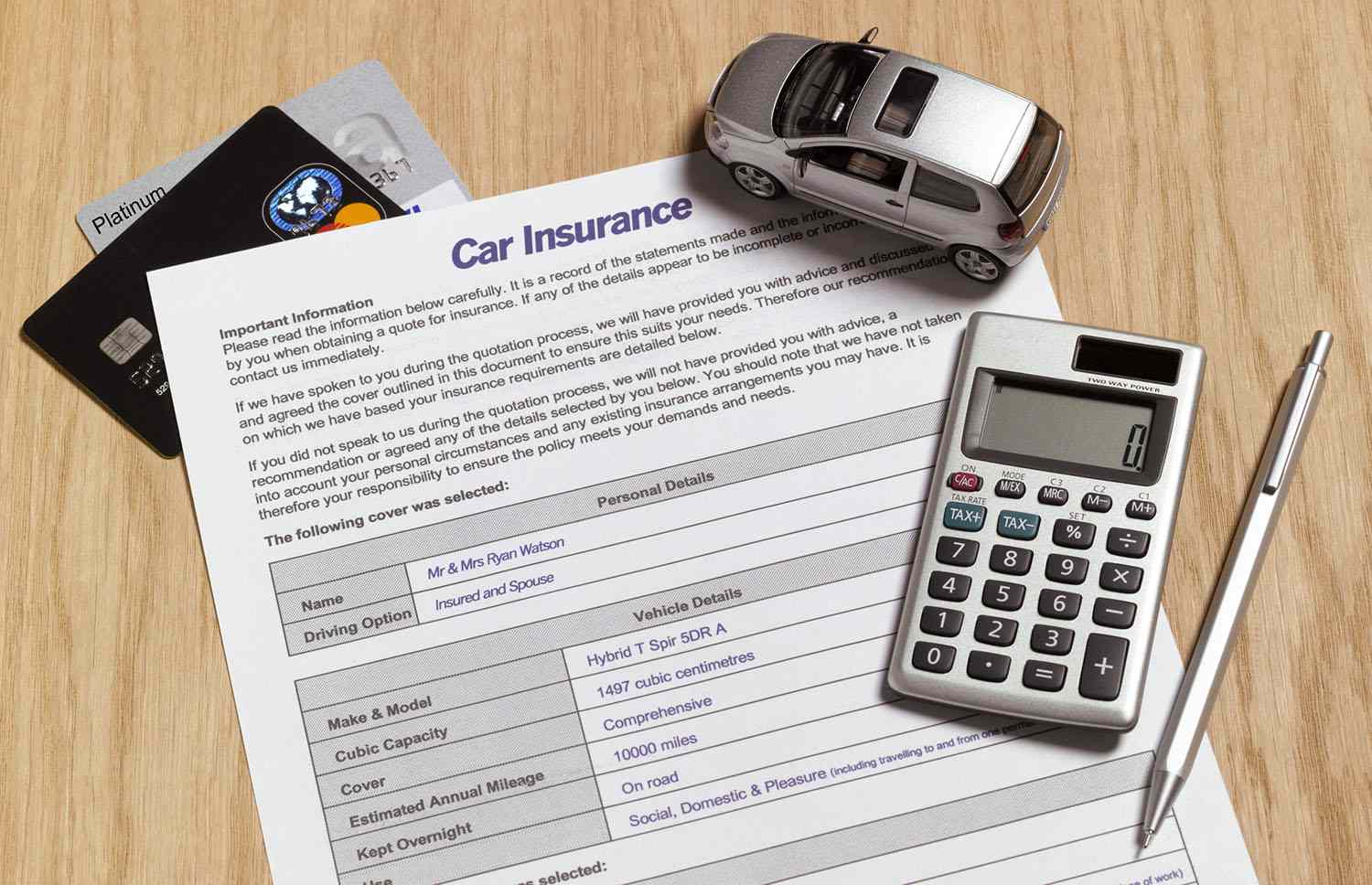
The best car insurance policy for you depends on a range of factors, like the car you own, usage of the car, type of coverage needed, budget, etc. There are three types of car insurance policies, including third-party liability-only car insurance policies, own damage policies, and comprehensive car insurance in India.
Of these, the Motor Vehicles Act makes it mandatory for all car owners to have a third-party liability policy in the country. These policies offer coverage for third-party liabilities only. They do not cover damage to the insured car. Therefore, many people opt for a comprehensive car insurance plan that offers third-party liability cover and protection against damages to their car due to an accident, collision, fire, theft, natural calamities, or man-made disasters.
Here, we will talk about comprehensive car insurance coverage and its inclusions and exclusions.
Inclusions of a Comprehensive Car Insurance Policy
Here are the inclusions of a comprehensive insurance full coverage policy:
- Third-party liabilities: Any damage to third-party property or injury, disability, or of a third party is covered under the comprehensive car insurance plan.
- Theft: If your car gets stolen and the police are unable to trace it, you can file a claim with the insurer, who will pay the sum assured to you.
- Natural Calamities: Protection against damage to your car due to a natural calamity like an earthquake, flood, etc.
- Man-made disaster: Protection against damage to your car due to a man-made disaster like a riot, an act of terror, etc.
Exclusions of a Comprehensive Car Insurance Policy
While the policy is called a comprehensive car insurance policy, there are certain limitations and the insurer cannot offer unrestricted coverage. Hence, certain exclusions are defined by the insurer to protect its interests and the policyholder’s interests. Here are some common exclusions:
- If your vehicle suffers damages due to regular wear and tear, then the policy does not offer coverage
- A car is known as a depreciating asset. This means that the value of a car and its parts reduces as it ages. Insurers do not offer any compensation for damages to the insured vehicle due to wear and tear.
- These policies do not extend their coverage if your car has a mechanical or electrical breakdown.
- If the tyres and/or tubes are the only damaged parts, the insurer will not cover the damages.
- Causing an accident while driving under the influence of alcohol, etc.
Differences Between Third-party And Comprehensive Car Insurance
Here is a quick look at some fundamental differences between third-party and comprehensive car insurance plans:
- A comprehensive plan offers detailed coverage of the risks associated with driving compared to a third-party plan. You can choose add-on covers based on your needs.
- Buying a comprehensive car insurance policy and having a luxury/expensive car protects you financially from damage to your car or third-party property.
- The premium of a third-party car insurance policy is determined by the Insurance Regulator and Development Authority of India (IRDAI). Hence, it is standard across insurers.
Which Is the Best Car Insurance Coverage?
To find the best car insurance policy, spend some time understanding your car, and thinking about how you intend to use it. This will automatically help you look for the right features and buy a car insurance policy that caters to your needs. Before deciding, consider different insurance providers and compare plans, features, add-on covers, and deductibles. Good Luck!
